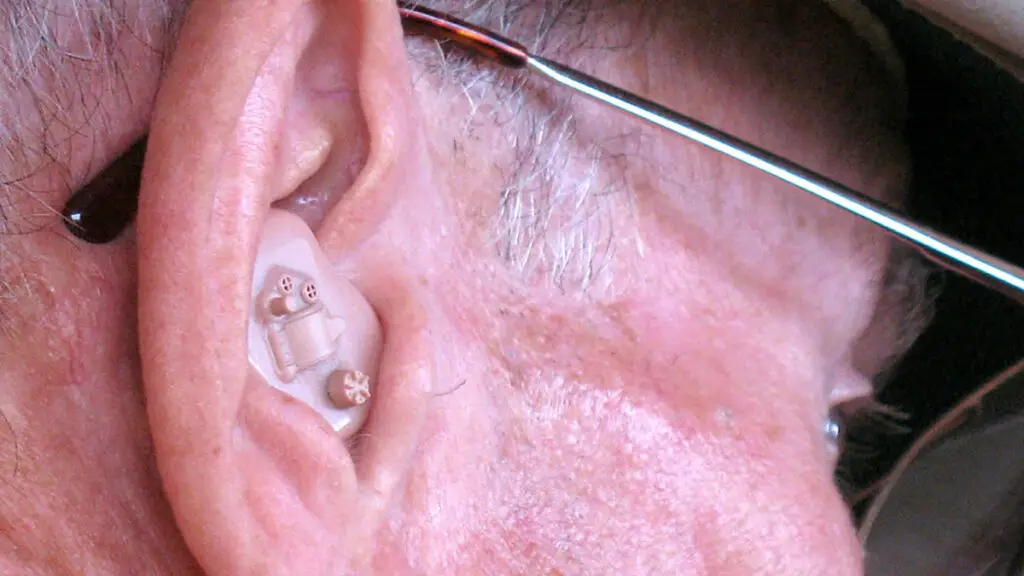
What’s that? Come again? Speak up!
Today we are addressing hearing loss; a common condition affecting many older adults. One out of three seniors between the ages of 65 and 74 struggles with hearing, while the rate goes up to nearly half of all people age 75 and over (source). Hearing loss can impact a person’s relationships, ability to follow directions, gather information, and hear warnings like a fire alarm or car horn. It is important to seek treatment and to be aware of treatment options, if you or someone you know is experiencing hearing loss.
Hearing loss can indicate a number of health conditions, such as infection, heart attack or stroke. However, hearing loss can also be a natural part of the aging process from long term exposure to noise and age-related changes in the ear. The changes can be gradual and difficult to notice, but if you become aware of the following, it’s a good time to speak to your doctor.
- Have trouble hearing over the telephone
- Find it hard to follow conversations when two or more people are talking
- Often ask people to repeat what they are saying
- Need to turn up the TV volume so loud that others complain
- Have a problem hearing because of background noise
- Think that others seem to mumble
- Can’t understand when women and children speak to you
Depending on the amount of hearing loss and cause, there are several main treatment options, including: hearing aids, cochlear implants, assistive devices, and lip reading. Hearing aids are the most common preference to manage hearing loss for older adults. Read through this fact sheet for the basics on hearing aids, including different kinds and questions to ask before purchasing one.
Coverage Options
Medicare – Cost has been a major barrier for many hard-of-hearing older adults with whom I have worked. On average, the price for a set of hearing aids can range from $1500 and upwards. Medicare Part B will cover diagnostic hearing and balance exams if ordered by a physician to determine if medical treatment is needed. However, Medicare will not cover the cost of hearing aids, fitting exam, or routine hearing exams. Private insurance and Medicare Advantage plans vary in coverage, speak with the plan’s administrator for specific coverage information.
Veterans – Qualified military veterans are able to get hearing aids covered through the U.S. Veteran’s Affairs. Use this VA locator to find the nearest center and to address VA specific questions. VA Locator
Other – For older adults with limited means, there are a few options for assistance that depend on various eligibility requirements, funding and resource availability at the time of request.
- Lions Affordable Hearing Aid Project, a project of the Lions Club International Foundation, assists hearing-aid users who can’t afford aids. The program provides two specific behind-the-ear styles of aid from Rexton, Inc. (Keep in mind that the style offered may not be best for your hearing loss.) Contact your local Lions chapter for more information.
- Hear Now, sponsored by the Starkey Hearing Foundation, offers hearing aids to people of very limited means. Assistance comes through manufacturer gifts, hearing health-care providers, and donors of used aids from across the U.S. In 2009, for instance, an individual would need to have total income of $18,403 or less; a couple would need to have total income of $24,675.
It is important to know when to seek advice and that there are options to address hearing loss in older adults. Although, hearing aids and other treatment options might not completely restore hearing, they can improve an older adult’s qualify of life through better social functioning and increased safety awareness.
For additional resources on hearing loss, use this link to the directory provided by the National Institute on Deafness and other Communication Disorders.
